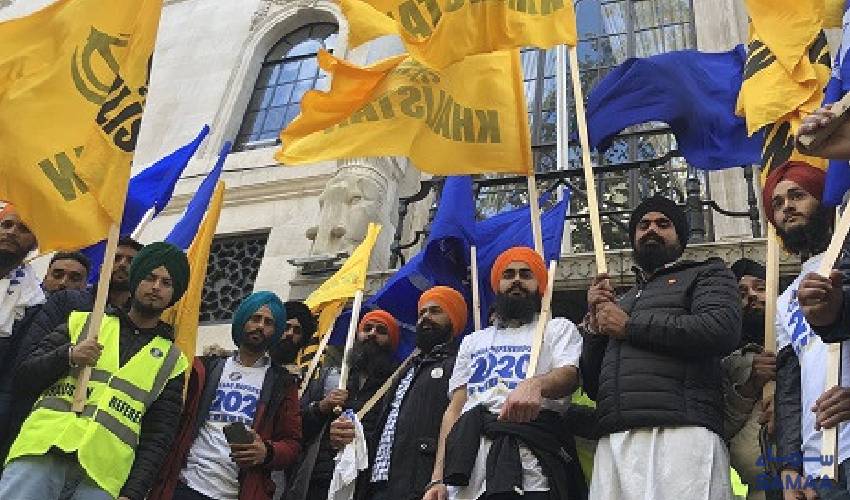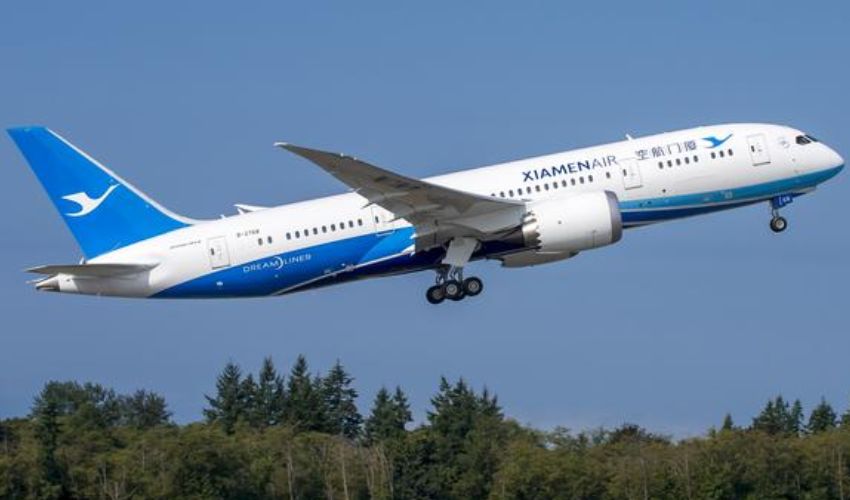The Biden administration stopped sending US-made ammunition to Israel, as per a source familiar with the situation. The person did not provide a reason for the decision.
According to the source, the hold has nothing to do with any prospective Israeli operation in Rafah and won't have an impact on any future shipments.
When asked about the shipment halt, a representative for the National Security Council mentioned the ongoing security support provided to Israel.
“The United States has surged billions of dollars in security assistance to Israel since the October 7 attacks, passed the largest ever supplemental appropriation for emergency assistance to Israel, led an unprecedented coalition to defend Israel against Iranian attacks, and will continue to do what is necessary to ensure Israel can defend itself from the threats it faces,” the spokesperson said.
US officials have insisted that their stance toward Israel has not changed. Additionally, last month, Biden signed a foreign aid bill providing $26 billion for the Israel-Hamas conflict; this included $2.4 billion for US military operations in the region, $15 billion for Israeli military assistance, and $9 billion for humanitarian aid for Gaza.
However, US officials are still worried about an Israeli operation in Rafah, the refuge for over a million Palestinians.
The US is currently involved in intensive negotiations over a ceasefire and hostage deal in the Israel-Hamas war.
Even though the most recent round of negotiations in Cairo gave rise to some hope, Israel and Hamas have been caught in a back-and-forth over the weekend over who is to blame for the impasse in ceasefire talks. Both sides criticized the other for holding extreme opinions, with Israeli Prime Minister Benjamin Netanyahu objecting to Hamas' insistence that Israel leave Gaza.
After spending the weekend in Cairo for the ceasefire talks, CIA Director Bill Burns travelled to Doha to meet with Qatari Prime Minister Mohammed bin Abdulrahman Al-Thani. Despite earlier plans to travel to Israel, he will stay in Doha on Monday, a source said.
In the multiparty negotiations between Israel, Hamas, Egypt, and Qatar regarding the release of hostages held in Gaza in exchange for a temporary ceasefire, Burns has played a crucial role as an intermediary for the United States.
It's unclear what might have changed or why Burns' stay in Doha was extended. Sources have repeatedly pointed out how ad hoc the talks over a ceasefire in Gaza are.



























